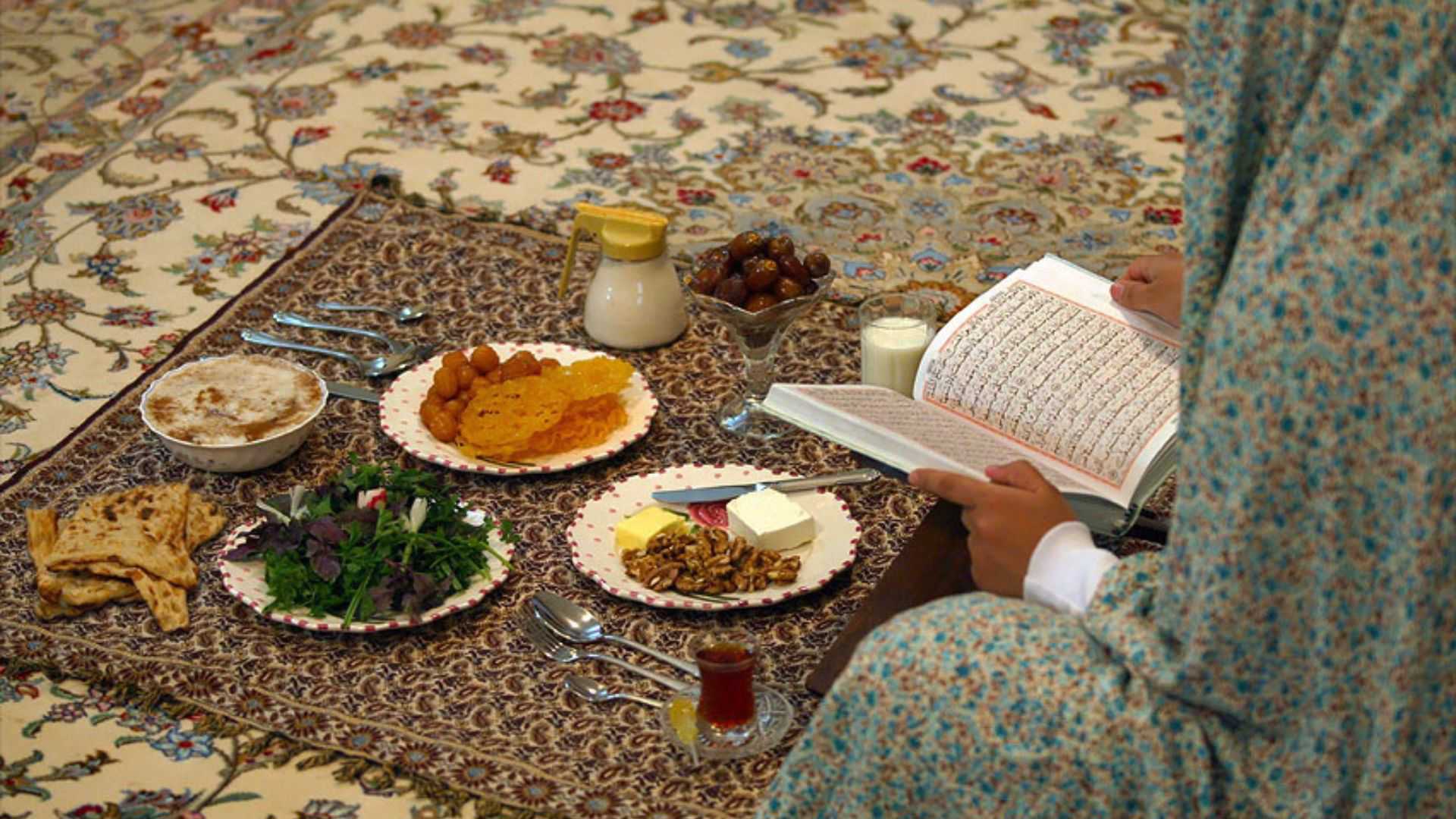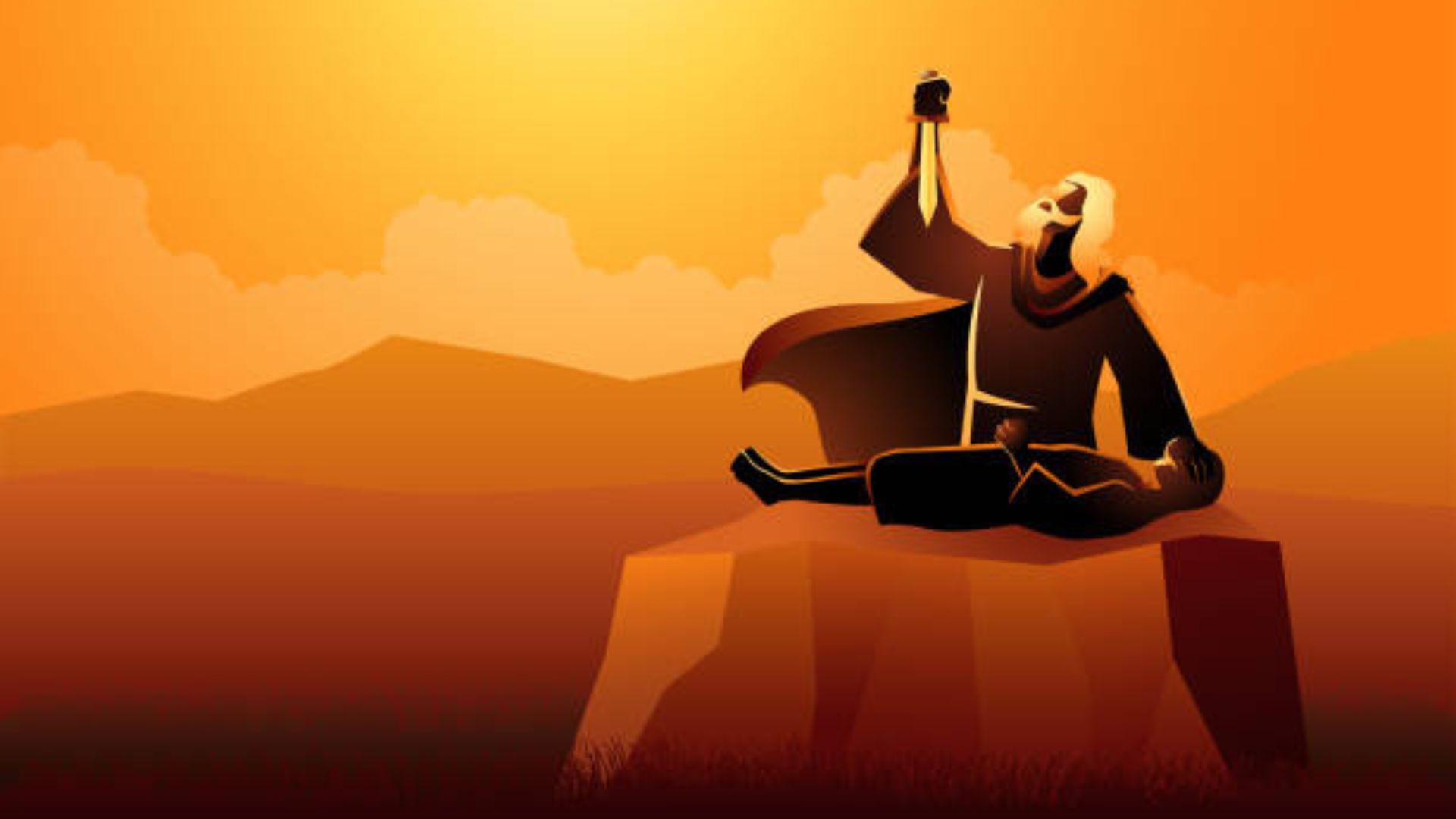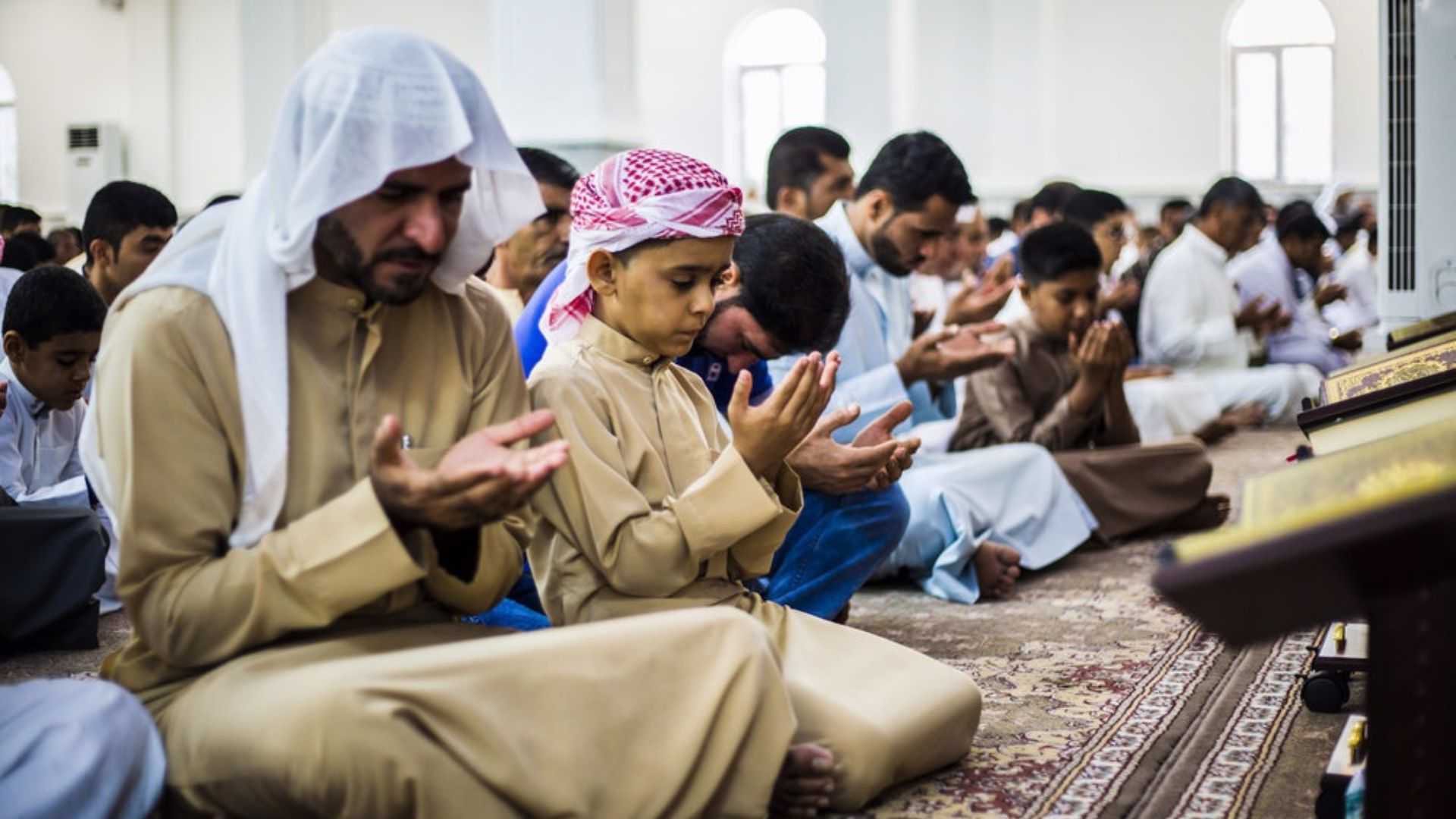Fasting in Dhul Hijjah: After Ramadan, the first ten days of Dhul Hijjah are also referred to as the finest ten days of the year and a second opportunity to atone for our sins and become closer to Allah (SWT).
This Dhul Hijjah, many Muslims will be performing the Hajj, but even those who stay at home can benefit from these fortunate days.
During these holy days, the rewards for our good deeds are magnified. Making the most of this limited time, we should concentrate on our relationship with Allah (SWT) in order to increase our worship, do more good actions, and develop our character.
Fasting in Dhul Hijjah

Muslims are instructed to fast throughout the first nine days of the Islamic month of Dhul-Hijjah even if they are not participating in the Hajj. Fasting during Dhul Hijjah is a significant Sunnah that results in immense benefits and sin forgiveness.
In fact, one of Allah’s (SWT) favorite forms of worship is fasting:
All the deeds of the son of Adam are for him, except fasting, which is for Me and I shall reward for it.
Hadith | Sahih al-Bukhari
Why do Muslims observe fasts during Dhul Hijjah?
Muslims benefit much from fasting Dhul Hijjah because of the bounties Allah bestows throughout this time. Fasting on Dhul Hijjah is strongly advised because it is one of the most morally upright acts of reward.
Muslims also observe a fast during the month of Dhul Hijjah because it is a Sunnah (tradition) of the Prophet Muhammad (peace be upon him), who observed a fast during the first nine days of the month as well as during the days of white.
Fasting during the month of Dhul Hijjah, especially on the ninth Dhul Hijjah, or the Day of Arafah, is beneficial for atoning for sins.
On the Day of Arafah, Allah pardons sins of all kinds. Indeed, we must not undervalue Allah’s (SWT) boundless generosity.
As for you staying till the evening in Arafah, then Allah descends to the sky of the Dunya and He boasts about you to the Angels, and says: ‘My slaves have come to Me, looking rough, from every deep valley hoping for My mercy, so if your sins were equivalent to the amount of sand or the drops of rain or like the foam on the sea I will forgive them. So go forth My slaves! Having forgiveness and for what or who you have interceded for.
Hadith | Tabarani
Is fasting on Dhul Hijjah compulsory?
Like Ramadan, the first nine days fasting on Dhul Hijjah are not mandatory, but it is strongly encouraged because they are the most auspicious days of the entire Islamic year.
Fasting on these days is also part of the Prophet Muhammad’s (peace be upon him) Sunnah (tradition).
Fasting during these sacred days has many benefits and rewards, and it can assist us to purify our hearts and become closer to Allah. The advantages of doing so will be beneficial to us all year long.
Should you Fast for 9 or 10 days of Dhul Hijjah?
Muslims who are not performing the Hajj should refrain from fasting on the tenth day of Dhul Hijjah, which is Eid al-Adha, but fast during the first nine days of Dhul Hijjah.
According to the following Hadith, fasting on Eid day is haram (prohibited):
He [the Prophet (peace and blessings of Allah be upon him)] forbade fasting on the day of ‘Eid) al-Fitr and the day of al-Nahr (the day of sacrifice, i.e., ‘Eid al-Adha).
Hadith | Sahih al-Bukhari and Muslim
Although we should not fast on Eid-ul-Adha, or the tenth day of Dhul Hijjah, we are urged to enhance our Dhikr and other acts of devotion, such as reading the Qur’an more often and sending Salawat (supplications) to the Prophet (peace be upon him), especially in the nights before Eid.
Can you fast on any of the 10 days of Dhul Hijjah?
The first nine days of Dhul Hijjah are the ideal for fasting as they are the most blessed days of the year and it is a Sunnah of Prophet Muhammad (peace be upon him) to fast on these days. The 10th of Dhul Hijjah, or Eid al-Adha, is a banned (haram) day for fasting.
If you are unable to observe the full nine days of Dhul Hijjah, attempt to at least observe the Day of Arafah on the ninth Dhul Hijjah. Allah perfected His religion on this day:
This day I have perfected for you your religion and completed My favour upon you and have approved for you Islam as religion.
Qur’an | 5:3
According to the Prophet Muhammad (peace be upon him), fasting on the Day of Arafah has enormous benefits:
It expiates sins for the past and coming years.
Hadith | Muslim
However, since they are travelers and would find it challenging to fast, Hajj pilgrims do not observe the fast. Du’a is their primary concern on this particular day.
In addition to the first ten days of Dhul Hijjah, it is desirable to observe the Sunnah of Prophet Muhammad (peace be upon him) by fasting on Mondays, Thursdays, and the White Days (the 13th, 14th, and 15th days of each Islamic calendar month).
Importance of fasting the first 10 days of Dhul Hijjah
One of the most effective ways to control our Nafs (desires) and to develop patience, obedience, and surrender to Allah Almighty is via fasting.
Muslims may follow Prophet Ibrahim‘s (AS) level of submission by engaging in Qurbani, which is a sacrifice that represents Prophet Ibrahim‘s (AS) willingness to sacrifice his son Ismail for God’s sake.

Even though it is not mandatory, fasting the first nine days of Dhul Hijjah is a way to show sacrifice for Allah’s sake since we refrain from eating and drinking during the day.
There are three whose du’as is not rejected: a just ruler, the fasting person when he breaks his fast and the prayer of the oppressed person. It rises above the clouds and the gates of heaven are opened for it, and the Lord, may He be glorified, says, ‘By My Glory I will answer you even if it is after a while.’
Hadith | Tirimdhi
Fasting makes us more humble and dependent on Allah, which makes our prayers more beloved to Allah.
Dhul Hijjah Fasting Hadith
The following Hadiths stress the value of fasting in Dhul Hijjah:
There are no days on which righteous deeds are more beloved to Allah than these ten days
Hadith | Sahih al-Bukhari
The Prophet used to fast on the first nine days of Dhul-Hijjah and the day of Ashura, and three days each month, the first Monday of the month and two Thursdays.
Hadith | Abu Dawood
A question regarding the observance of fasting on the day of Arafah was posed to the Prophet of Allah (peace be upon him). He stated:
It expiates the sins of the preceding year and the coming year.
Hadith | Muslim
The people of knowledge consider it recommended to fast on the Day of ’Arafah, except for those at ‘Arafat.
Hadith | Tirmidhi
Read more Islamic Blogs or Follow us on social media for daily Islamic reminders.






